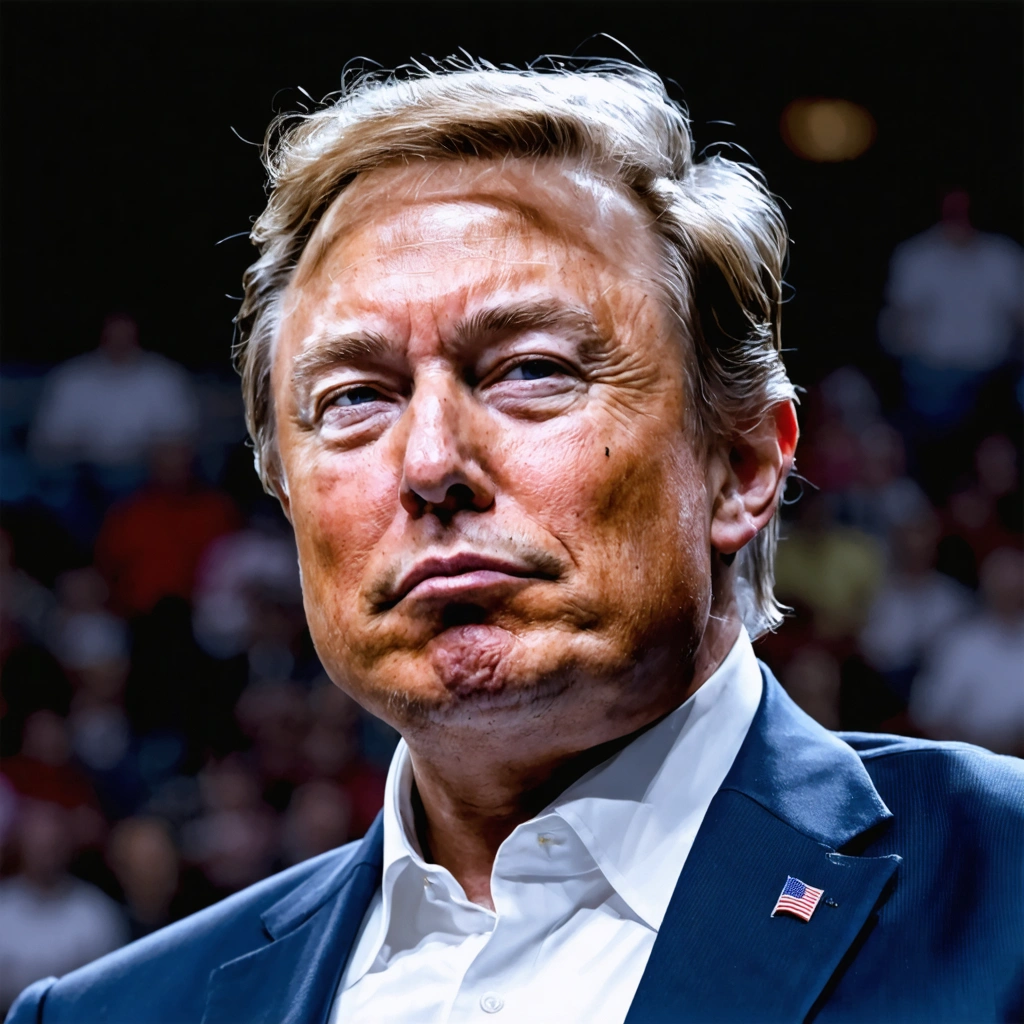
Introduction
In an era where the convergence of sports, politics, and business continues to shape societal narratives, the recent NCAA Wrestling Championships in Philadelphia emerged as a platform to witness how diverse groups of fans rally behind their heroes. This event was not just a display of athletic prowess but also a forum for political statements and subtle business commentary. Notably, President Trump, a figure with a longstanding influence in political spheres, was warmly celebrated by many attendees. Meanwhile, the presence of Elon Musk, a leading icon from the business world, sparked a more complex reaction among the crowd. This article delves into the dynamic interplay between these two influential figures and examines the underlying factors behind the enthusiastic support for Trump and the ambivalence toward Musk.
Historical Context and Cultural Significance
The Role of Sports in Political Expression
Sports have long been intertwined with political sentiments, serving as a stage for public expression and ideological debates. The NCAA Wrestling Championships was no different. As attendees cheered for their teams and celebrated athletic accomplishments, the event inadvertently became a battleground for broader political discourse. For many fans, especially those with conservative leanings, the championship provided a moment to align themselves visibly with President Trump’s political stance. His appearance at the event reinforced a sense of unity among supporters who see him as a champion of traditional values and economic optimism.
Elon Musk: The Controversial Figure in the Business Domain
On the other hand, Elon Musk’s involvement presented a contrasting narrative. Known as a visionary entrepreneur and the mastermind behind several high-tech ventures, Musk’s public persona has continuously evolved, drawing both admiration and skepticism. His presence at the championship did not garner the same effusive support as President Trump’s. While some fans recognized his role in spearheading innovative projects and influencing global markets, others viewed his participation with restraint. This reaction underscores the complexities of modern public figures, where even exceptional business acumen might not easily translate into widespread populist fervor in a politically charged sporting arena.
Business Insights and Societal Impact
The Political Advantage in Public Events
From a business perspective, public events such as the NCAA Wrestling Championships serve as unique opportunities for political branding. President Trump’s visibility at such a high-profile sporting event helped reinforce his image among key demographics. His ability to mobilize support in arenas that are not traditionally political underscores a strategic approach to outreach. Political figures often harness these moments to communicate their vision, consolidate their base, and highlight the intersection between cultural pride and policy advocacy. The warm reception from wrestling fans suggests that the alignment of sporting spirit with political messaging can have a robust impact on public perception.
The Challenges of Modern Branding for Business Titans
In contrast, the reception of Elon Musk’s presence reveals the challenges faced by business luminaries in leveraging public endorsements. Despite his immense success in sectors such as renewable energy, space exploration, and electric vehicles, Musk’s brand did not resonate as strongly with the event’s predominantly politically motivated audience. This situation demonstrates that even the most innovative and influential business figures might encounter hurdles when their presence overlaps with events defined by political allegiances. The nuanced reactions highlight that business branding is not merely about technological achievements or market influence—it is also about aligning with the cultural and emotional fabric of the audience.
Concluding Perspectives and Future Implications
Understanding Audience Dynamics in Multi-Faceted Events
The mixed reactions to the presence of President Trump and Elon Musk at the NCAA Wrestling Championships underscore the need for a deeper understanding of audience dynamics in events that blend sports, politics, and business. For political figures, large public events can amplify their message, creating opportunities to solidify support and further their policy agendas. In contrast, business leaders may need to navigate a complex landscape where their innovative reputation does not automatically result in widespread popular appeal, especially in settings where socio-political identities strongly influence fan engagement. These insights advocate a more holistic approach in planning and executing public appearances, where the identities of the participants need to resonate with the inherent values and expectations of the audience.
Strategic Implications for Future Engagements
Looking ahead, both political and business figures can learn from this instance. For those in the political arena, it is evident that aligning public appearances with events that hold significant cultural or traditional value can yield substantial benefits in terms of visibility and public support. Meanwhile, business leaders must consider the multi-dimensional nature of public perception. Future engagements should aim to bridge the gap between technological prowess and emotional connection, demonstrating that innovation can be communicated without diluting the cultural or political resonance of the event. By understanding these dynamics, both spheres can better tailor their strategies to address the evolving expectations of a diverse audience in a rapidly changing societal landscape. In conclusion, the NCAA Wrestling Championships in Philadelphia highlighted a fascinating intersection where business acumen, political vigor, and cultural identity converge. President Trump’s celebrated presence, juxtaposed with the subdued reaction toward Elon Musk, reveals that public support is not solely determined by influence or achievements—it is deeply rooted in the prevailing cultural, political, and emotional currents of the time. This nuanced occurrence provides valuable insights for future public engagements, underlining the importance of aligning leadership images with the values cherished by distinct audiences. As society continues to evolve, such events will remain critical in shaping how leaders in various fields communicate and connect with the public, ultimately influencing broader narratives in both politics and business.




